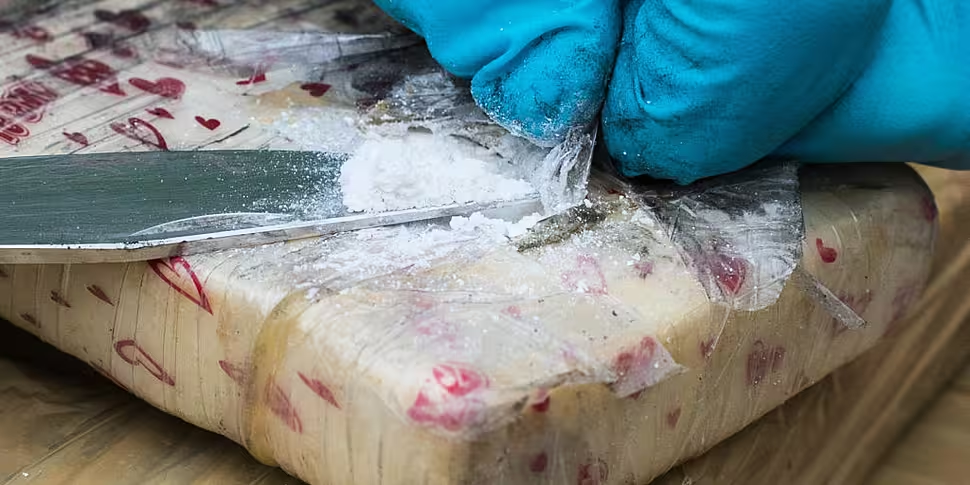Global cocaine production reached a record high in 2017, according to a new UN report.
The UN's Office on Drugs and Crime (UNODC) has released the latest World Drug Report, which examines drug use and production around the world.
It shows that the estimated global illicit manufacture of cocaine reached 1,976 tons in 2017, up 25% on the previous year.
The report points to a significant 31% increase in cocaine manufacturing in Colombia, where an estimated 70% of the world’s cocaine is produced.
However, there was also an increase in the amount of cocaine seized globally.
In 2017, 1,275 tons of the drug were seized - a 13% increase on 2016, and the largest quantity ever reported.
Elsewhere, the report shows that an estimated 271 million people - around 5.5% of people aged 15-64 - had used drugs in the previous year.
An estimated 35 million people suffer from drug use disorders and require treatment services.
The report puts the number of opioid users at 53 million, a sharp increase of 56% compared to previous estimates.
It also highlights a worsening synthetic opioid overdose crisis in North America, with more than 47,000 opioid overdose deaths reported in the US alone in 2017.
According to UNODC, prevention and treatment are continuing to fall short in many parts of the world - suggesting that only one in seven people with drug use disorders are receiving treatment each year.
It says the situation is particularly bad in prisons, where there are often 'disproportionately high' rates of HIV, hepatitis C and active tuberculosis.
Speaking about the report, UNODC Executive Director Yury Fedotov said the findings "fill in and further complicate the global picture of drug challenges".
He added: "By working together and focusing attention and resources, we can help people get the services they need without discrimination, promote security and bring criminals to justice, [and] safeguard health."









